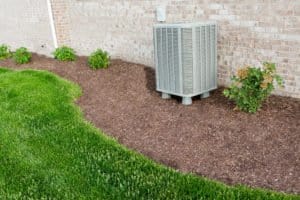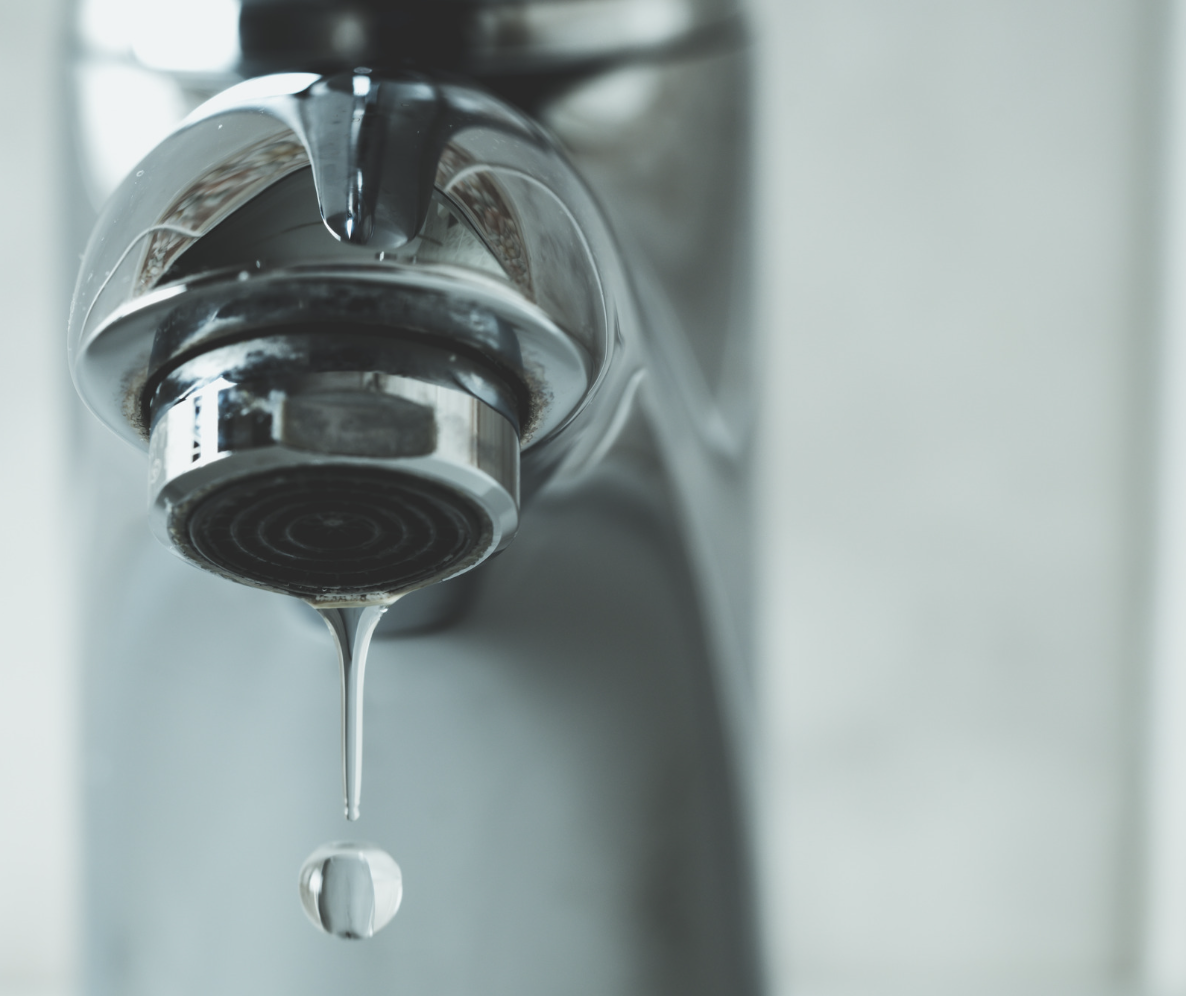Common Plumbing Mistakes

Plumbing mistakes can lead to leaks, water damage, and costly repairs. Here are some of the most common plumbing mistakes that homeowners or inexperienced individuals may make:
Improper Pipe Installation
Failing to install pipes correctly can result in leaks or bursts. It’s important to use the right type of pipes for the specific plumbing system, follow proper jointing techniques, and ensure appropriate pipe supports.
Inadequate Sealing
Failing to properly seal joints, connections, or fixtures can lead to leaks. It’s crucial to use the right sealants, such as plumber’s tape or pipe joint compound, and ensure tight connections to prevent water leakage.
Using Incorrect Pipe Sizes
Using pipes that are too small for the intended water flow can lead to reduced water pressure or blockages. It’s essential to choose the appropriate pipe size based on the required flow rate and consult plumbing codes or professionals if unsure.
Over-tightening Connections
While it’s important to secure connections properly, over-tightening can cause damage to fittings, O-rings, or seals, leading to leaks. Follow manufacturer guidelines and use proper tools to achieve the recommended tightness.
Neglecting to Turn Off the Water Supply
When working on plumbing fixtures or making repairs, it’s essential to turn off the water supply to avoid accidental flooding. Failing to do so can result in water damage and create a messy situation.
Incorrect Toilet Installation
Installing a toilet improperly can lead to leaks, wobbling, or poor flushing. It’s crucial to follow the manufacturer’s instructions, use the correct wax ring, and ensure a secure and level installation.
Using the Wrong Plumbing Materials
Using incorrect or incompatible plumbing materials can cause leaks, corrosion, or even health hazards. Always use materials approved for plumbing applications and check compatibility with existing systems or components.
Improper Drain Usage
Pouring grease, food scraps, or other non-flushable items down drains can lead to clogs and backups. It’s important to dispose of waste properly and use drain covers or strainers to prevent debris from entering the plumbing system.
Ignoring Plumbing Codes
Plumbing codes exist to ensure safety and functionality. Ignoring or disregarding these codes can result in subpar installations or violations. It’s advisable to familiarize yourself with local plumbing codes or consult a professional to ensure compliance.
Lack of Regular Maintenance
Neglecting regular maintenance can lead to plumbing issues down the line. It’s important to perform routine inspections, address minor leaks promptly, and maintain proper drainage to prevent larger problems from occurring.
Remember, if you’re unsure about any plumbing tasks or encounter complex issues, it’s always best to consult a licensed plumber to ensure the work is done correctly and to avoid potential mistakes.







